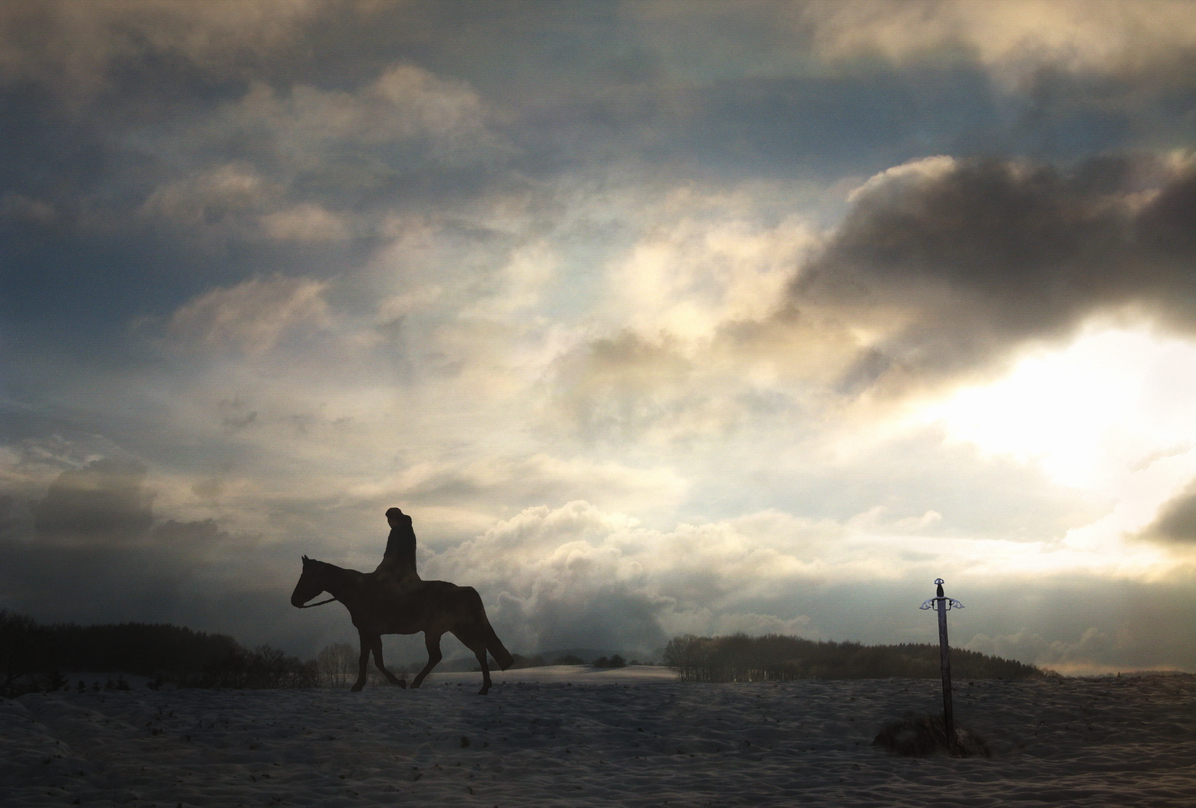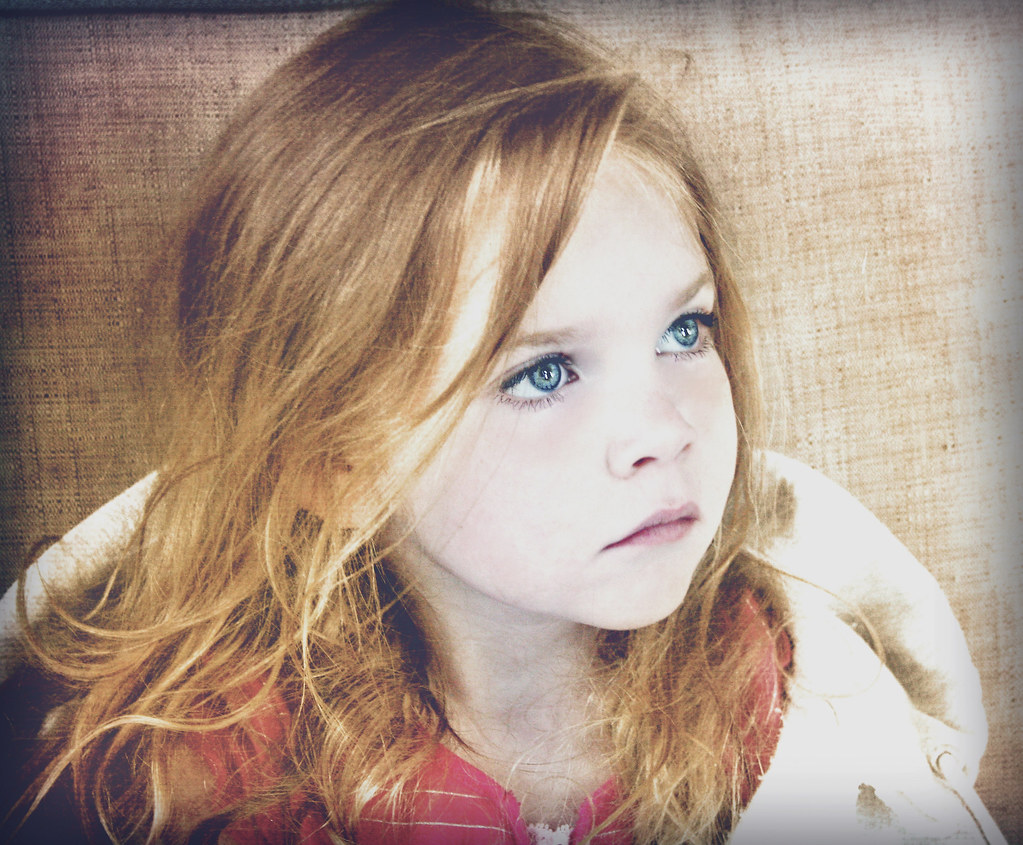I remember the encounter well.
A friend and I were on the verge of missing the opening notes of a concert. As new drivers, we had survived the stress of Portland evening traffic, one-way-roads, and whereintheworldistheparkinggarage moments with surprisingly minimal befrazzlement. Dashing up the streets to the concert hall, however, we were suddenly accosted by a group of girls, nearly the same ages as ourselves, with baskets and signs in support of a cause our minds hardly registered.
"Can we talk to you for a moment?" they asked.
We barely gave a coherent answer; our eyes were shining for an evening of piano music, our feet sped us onward to the tempo of anticipated tunes.
"Well, here, take these - for your protection," they insisted, shoving miscellaneous somethings into our hands as we hurried past.
It wasn't until we were seated in the concert hall - having deposited our "gifts" in a trash bin without so much as a glance - that my friend turned to me and asked, "Were those girls representing Planned Parenthood?"
And I knew they had been. I had felt a flicker of conscience as we'd ignored them, a begging of my spirit to stop and talk with them. And I had hurried past.
There the details of our evening fade. I can't recollect who played, or which pieces we heard. I don't know if my friend and I stopped for coffee on the way back, or drove straight home to meet a curfew.
But I do remember how I felt once I was home, sitting in the quiet dark of my room.
I felt ashamed.
Ashamed to have rushed by, missing the opportunity to speak with those girls on the street corner. To learn why they were representing Planned Parenthood. To hear their stories. To show them love. To tell them of my Savior.
I felt ashamed for treating an evening of personal enjoyment as more important than the spiritual state of girls who actually tried to talk to me. For valuing the sparkle of an "evening out" above the terribly too-real lives of dozens of little ones.
Jesus once told a parable of a poor man, Lazarus, who sat outside a rich man's dwelling, hoping, begging, for food from his table. Daily, the rich man walked past, without so much as an inkling of sympathy for the sore-ridden, needy one at his feet. His life, his priorities, his comforts - these were of far greater concern to a man of the world than the life flickering on his doorstep.
In America today - indeed, throughout the whole world - we too have have lives to save on our doorsteps: the lives of the unborn, the future of women and girls facing unplanned pregnancies. Daily, lives flicker between being taken or saved, crushed or nurtured, thrown away or valued. Do you hurry past? Do you bemoan the deeds in word without a pause to help? Do you have a hurried, hardly-coherent answer for girls on the street corner?
I have written before on why I am pro-life, and others have written far more eloquently than I - but what I want to ask today is, What are you doing about it? There are countless options: volunteer at a pregnancy clinic, support your local CPC, or even simply take the time to reach out and talk to the women "on your doorstep". Don't hurry past the mission field with which God has surrounded you. These lives may not be dying on our front porches, but they are suffering in secret, just down the street.
~~~~~~~
I've recently signed up (rather last-minute) to run in a fundraiser race for a local Crisis Pregnancy Center. I'd love it if you felt led to support me! The link is here.
However, even if you are unable to financially support Pathways, please cover them - and all other centers devoted to showing Christ's love to women and mothers in need - in your prayers.

Confession: it took me a bit longer than 5 minutes to write this, in between teaching today. Still, it was written, minimally edited, and posted all in the same day - which is an accomplishment for me!







